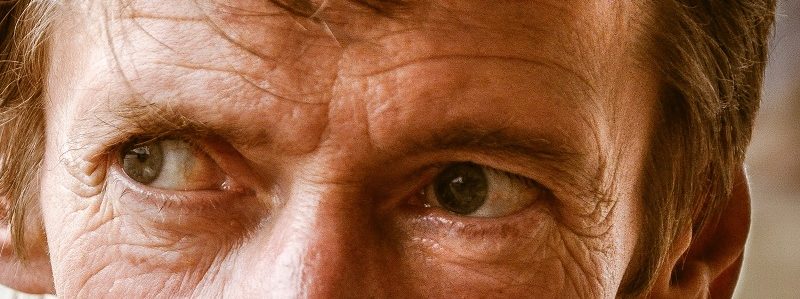Was I surprised when I found research on a treatment that I had been recommending!
I have told patients to put a drop of castor oil in each eye at bedtime to help with many conditions, dry eye being one of them. I have tried it too.
I learned the use of castor oil in adjunct classes in Naturopathic medical school, and heard plenty of case studies in which it produced a dramatic change in symptoms.
But I never suspected that there was research on castor oil indexed in pubmed! I was equally surprised to find out that a commercial drug preparation of eye drops included castor oil as an “inactive ingredient.”
Research confirms what I had been recommending: Yes, you CAN put castor oil in your eye for healing.
NOTE: This blog is NOT MEDICAL ADVICE. You have sovereign authority over your body and medical professionals are here to guide you. I advise being informed, however, information you get from the internet is not sufficient, including this blog. Do NOT take this information to be medical advice. The author cannot give medical advice in a comment, email or phone call nor to someone who is not her patient. The author cannot recommend castor oil for any particular eye condition, nor recommend how to apply it in this blog or a comment. It is against the law.
History
In his readings, Edgar Cayce recommended castor oil packs for a wide variety on conditions. I did not find any particular reference to castor oil in the eyes.
In a 1958 Folk Medicine in Vermont classic, Mr. Jarvis mentions the use of castor oil topically for many conditions, including warts and other skin conditions, as well as in the eye for irritation of the conjunctiva of the eye. He also recommended its use in the eyes of hunting dogs who irritated their eyes by running through grass.
Fast forward to 2002. In a study of the condition known as “noninflamed obstructive meibomian gland dysfunction,” or MGD, castor oil drops were studied. They concluded
The results indicate that castor oil eye drops are effective and safe in the treatment of MGD. The possible mechanisms of this treatment are improvement of tear stability as a result of lipid spreading, ease of meibum expression, prevention of tear evaporation, and the lubricating effect of the oil eye drops.
In a different study from 2004, a formulation of an “emulsion” eye drop including castor oil was shown effective.
Emulsion eye drop produces significant changes in the tear film of normal and dry eye patients.
Finally, in a 2018 case report published in NDNR, castor oil drops were used twice a day to treat age-related cataracts in an elderly patient.
He reported subjective improvement in visual acuity. Visual exam revealed that while the left eye remained stable at 20/50, visual acuity in his affected right eye had improved from 20/100 (1 month earlier) to 20/70
Wow! Imagine the possibilities!
Let’s take a look at what the castor oil drops did for the eyes.
It stabilized the tears in the eye, partly by preventing tear evaporation.
This sounds like a sure recommendation for slight or moderate dry eye.
It was an emoillent, soothing and lubricating the eye.
This could be used for anything from irritated eyes from allergies to dry eye. It also might be an adjunct treatment for infected eyes.
It also improved circulation to the eye.
This would help in almost any condition, from dry eyes, to irritated eyes, to diminishing eyesight.
It improved visual acuity, most likely from reduced cataracts.
Who, among the seniors, does not want clearer vision, especially preventing or reducing cataracts!
In the case study, the patient was recommended to put 1 drop of castor oil in the inner corner of each eye before bed. This way, it allows it to work overnight. In addition, it avoids the consequence of blurred vision from the oil in the eyes. Finally, the patient was also recommended to apply alternating warm and cool compresses to the eyes to increase circulation.
I will continue to recommend it to patients when I see is appropriate as in this case study.
What about you?
Read the comments below about experiences with castor oil drops in the eyes.
Note that Dr. Kasdorf cannot make any medical recommendations based on this blog and your comments.





